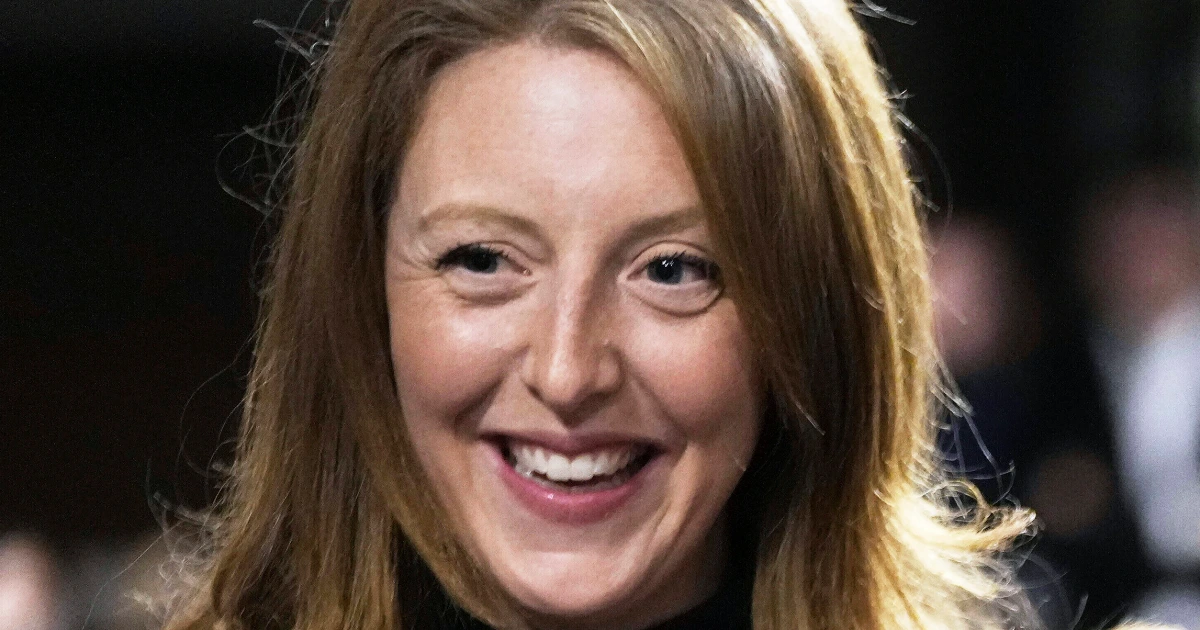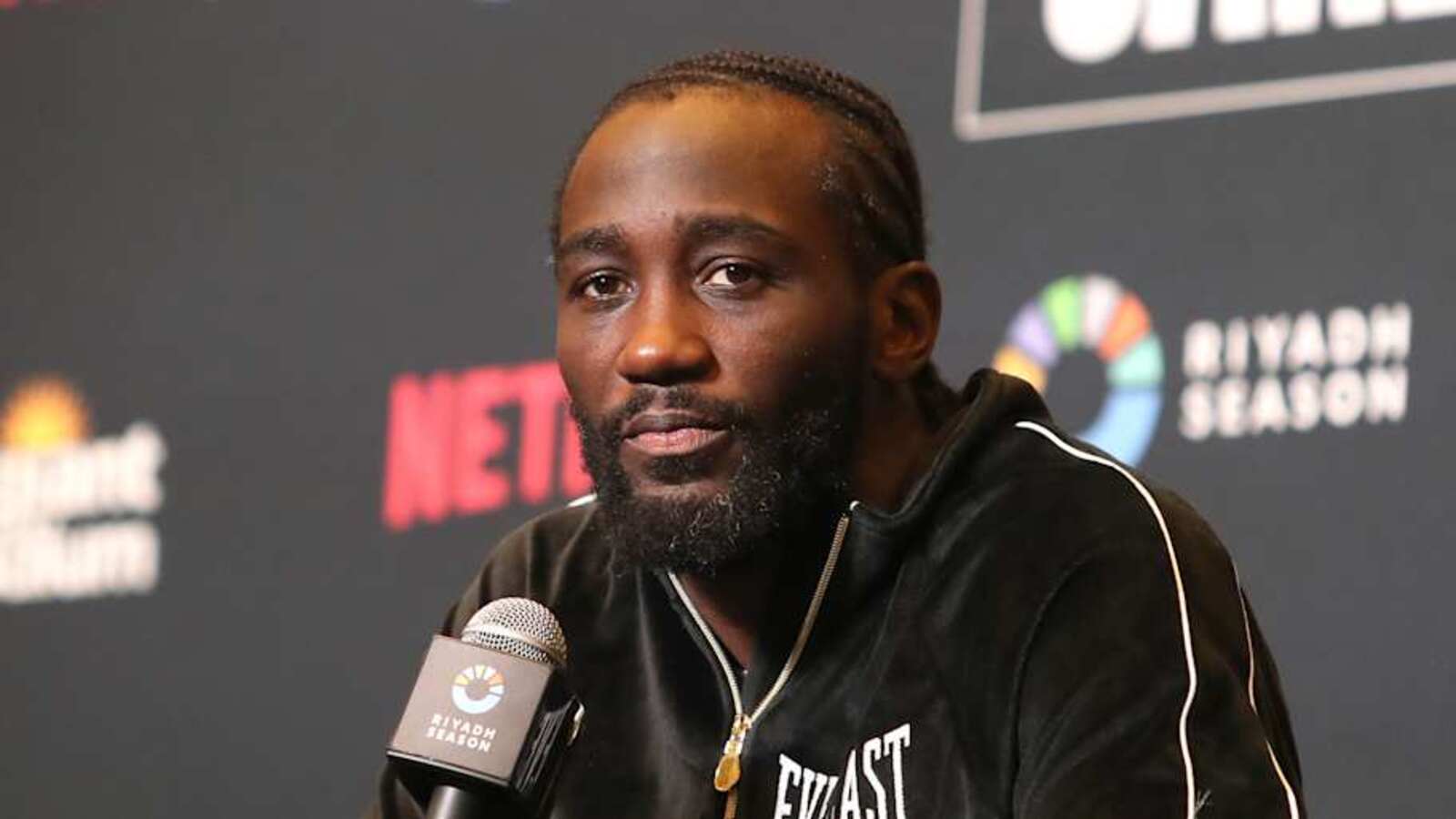Copyright MSNBC

The surgeon general, a position that originated in the 1870s as the head of what was then the U.S. Marine Hospital Service, has over time come to be known as the nation’s doctor. The person in that role offers medical expertise that Americans can trust and presents evidence-based guidelines to promote the public’s health. In this era of medical misinformation, when falsehoods can be amplified and instantly spread to the world through social media, the role of surgeon general has elevated importance. But by nominating Dr. Casey Means, who’s famous for being a wellness influencer, President Donald Trump and his administration aren’t valuing the position as highly as they should. And they’re putting the country’s health at risk. It should be clear at the end of that hearing that she is not the person America needs as surgeon general. Means is scheduled to have a virtual confirmation with the Senate Health, Education, Labor and Pensions (HELP) Committee on Thursday. It should be clear at the end of that hearing that she is not the person America needs as surgeon general. Means completed medical school at Stanford University but didn’t finish a residency and does not hold an active medical license. She’s a wellness entrepreneur who has made money by selling dietary supplements, creams and teas. In a book she co-authored with her brother, she argues that “almost every chronic health symptom that Western medicine addresses is the result of our cells being beleaguered by how we’ve come to live.” She has a large social media following, but that is not a replacement for the rigorous public health experience, epidemiological experience or clinical experience a surgeon general needs. Past surgeons general, such as Dr. Vivek Murthy and Dr. C. Everett Koop, were board-certified physicians who possessed a deep understanding of population health and combined that with an ability to communicate important health information to the public. Serving as the nation’s conscience when it comes to matters of health, the surgeon general has spoken the truth to the American people, using evidence to keep the public informed on topics ranging from the importance of wearing seat belts and the dangers of smoking cigarettes to the prevalence of gun violence. Past surgeons general have also focused on mental health and disease prevention. Given the partisan-driven meddling we’ve already seen at the Centers for Disease Control and Prevention and the Food and Drug Administration, Americans might be tempted to think that it’s no big deal if the Trump administration appoints someone with Means’ résumé as surgeon general. But it does matter — because the surgeon general’s position isn’t the same as other leadership roles in the government’s health bureaucracy. The secretary of Health and Human Services, a role currently filled by Robert F. Kennedy Jr., is an administrator who oversees multiple health agencies and manages budgets for them. The director of the CDC focuses on research, disease prevention and epidemiological strategies. The surgeon general, though, provides a moral and scientific voice to the public. That person is expected to break down complex medical topics in a way the average American can understand and act upon. The surgeon general leads the U.S. Public Health Service Commissioned Corps, a group of medical professionals who respond to crises like pandemics and opioid overdose spikes. They don’t market dietary supplements and teas. That person is expected to break down complex medical topics in a way the average American can understand. Means’ belief that unhealthy diets and medications explain the nation’s health problems dismisses systemic inequities, including the inability of many people to access care, which drives health disparities for chronic conditions such as diabetes and cancer. Her past rhetoric, for example, fails to explain why Black women have a roughly 40% higher death rate than white woman from breast cancer. The beliefs she’s previously expressed also don’t explain why low-income individuals face higher rates of diabetes and associated complications relative to those of higher-income people. Public health is complex, with diseases often occurring from a combination of socioeconomic factors revolving around access to care. Attributing most diseases to individual factors like diet oversimplifies public health and signals a philosophy rooted in branding as opposed to balanced science. Appointing Means would risk elevating marketing ideologies over objective public health guidance. Now, more than ever, America needs a surgeon general who can communicate evidence-based facts to mitigate the nation’s health ailments. We all know what happens when health information fails to get communicated effectively. Just this year, innocent unvaccinated children died of measles in Texas. Instead of clearly communicating the point that vaccines save lives, HHS Secretary Kennedy chose to tout unconventional therapies like vitamin A. Some parents ultimately provided vitamin A to their children rather than getting them vaccinated. Misinformation spreads faster than any virus, and public trust in science is fragile. That’s why we need a surgeon general whom we can trust to speak evidence-based truths and not falsehoods and to provide Americans with a glimpse of hope in the midst of the turmoil that often entangles politics and science. The stakes are too high to have a surgeon general who seems to have been chosen because of her popularity on Instagram. The country needs that position to be filled from the perspective of integrity, science and service to and for the people.



